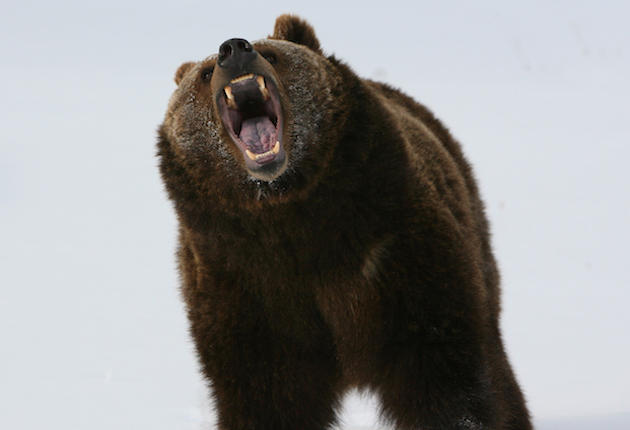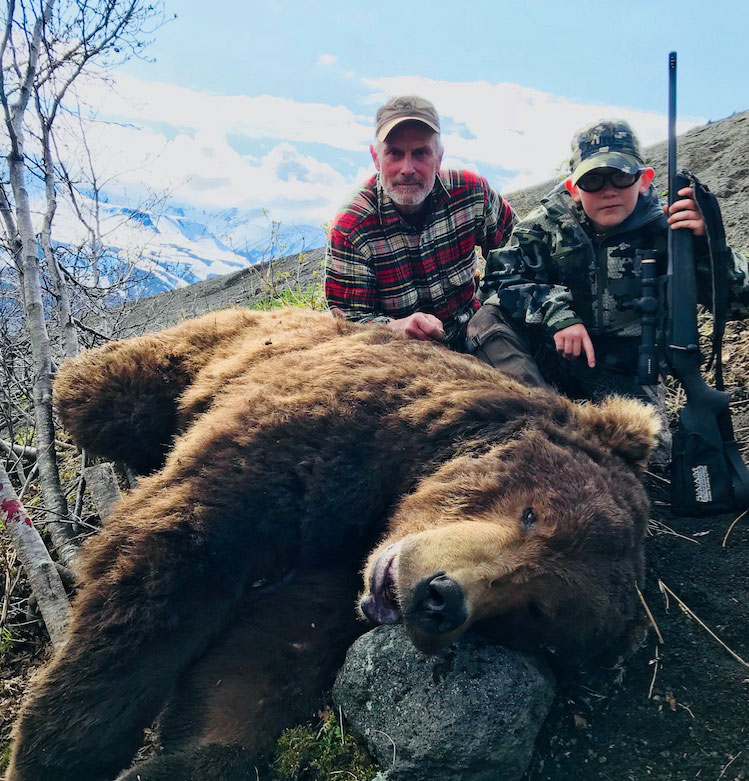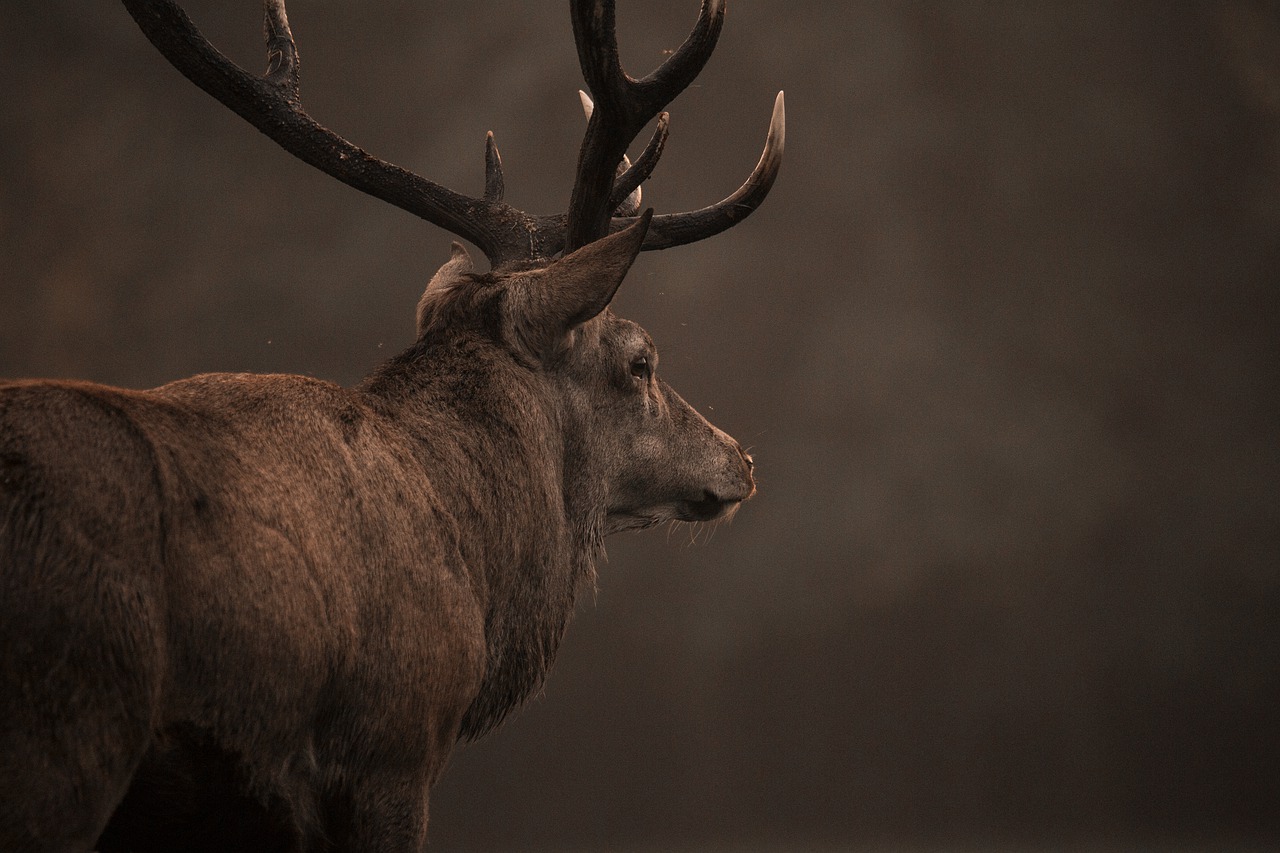Kamchatka is a land of frozen volcanoes, earthquakes, flora, and mega megafauna. It lies 7,500 miles — nine time zones — east of Moscow, and just east of Siberia. It represents the end of frigid conditions to the west and the beginning of lush rainforests in Alaska’s Aleutians to the east. Wolves and whales routinely show up there. And there are bears; big bears.
The Kamchatka subspecies of brown bear is thought to be the ancestor of the Kodiak brown bear. Like their North American cousins, Kamchatka bears grow big and fat off the salmon that swim there. Kamchatkas can weigh as much as 1,500 pounds and stand nearly 10 feet high on their hind legs. Body-wise that puts them on par with a Kodiak, but their skulls grow much wider than their American counterparts. A National Geographic article dubbed them “The Biggest of the Big.”
For all their strength and stature, early explorers to the Russian peninsula found the bears to be very easy to deal with, borderline docile. Compared to the Siberian brown bears the explorers had just left, the Kamchatkas were like big dogs when it came to temperment. Their relatively mild-mannered ways are still observed today. Of the interactions that do occur between man and beast, less than one percent of them result in an attack.
That wasn’t the case in the summer of 2008. Russian fisheries were experiencing an enormously high level of poaching that year. An estimated 100,000 tons of salmon were illegally removed from Kamchatka, causing the bears to look for other sources of food or starve. With an estimated 16,000 bears that year on a peninsula measuring 100,000 square miles, there were plenty of hungry mouths looking for food.
They found it at a platinum mine.
On July 17, 2008, 30 bears came out of the surrounding woods and attacked a mining camp in the Olyutorsky District, with 400 miners, geologists, and security guards on-site. They quickly surrounded two villages, Khailino and Korf, and attacked two guards caught in the open. The two men were devoured, with the remaining workers too horrified to even leave their houses. The bears began eating fish remains and other garbage they found around the village, further preventing the workers from leaving to go back to work.
A helicopter was set to fly to the camp but was delayed due to bad weather. An ATV was dispatched to the scene with a crew sent to kill the bears, per government approval. The camp was so isolated that authorities said it would take until Saturday to reach it.
Several days later, 20 more bears attacked a station 93 miles away. Dozens more were spotted at stations 25 to 50 miles from the platinum mine.
Additional attacks have occurred on Kamchatka in the intervening years, though none of them on the scale of 2008. The summer represented a perfect storm of natural and unnatural causes that led to a huge population of bears suddenly looking for food anywhere they could find it. Like Alaska, Kamchatka is an incredibly remote place. For those who survived their time there, the thin line between wilderness and civilization was never more clear.
Cover Image: Thinkstock




